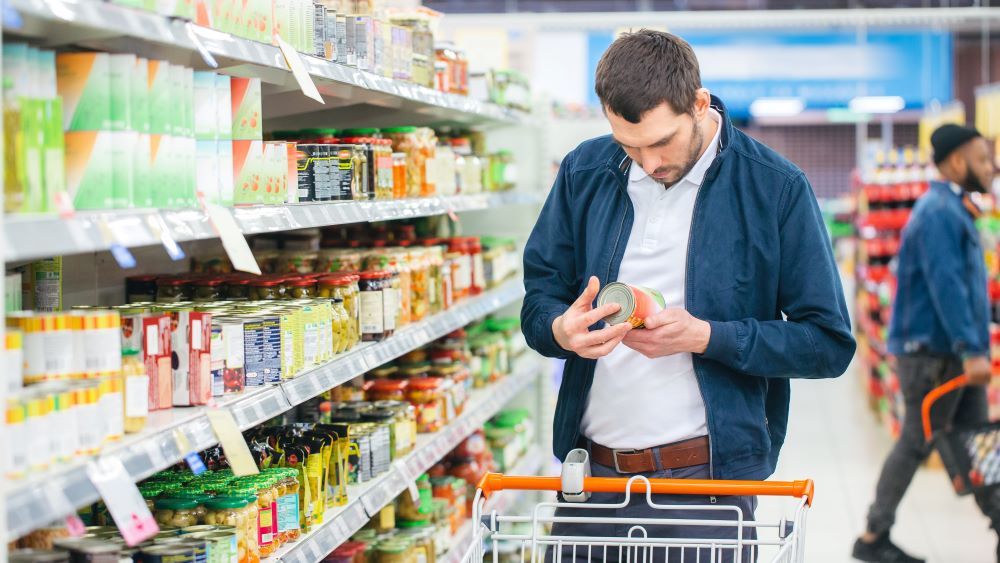 Trade associations are warning against any plans to cut food import tariffs as the government looks for ways to ease the UK’s cost of living crisis.
Trade associations are warning against any plans to cut food import tariffs as the government looks for ways to ease the UK’s cost of living crisis.
The Food and Drink Federation (FDF) and the National Farmers Union (NFU) have said such a move would have only a “negligible” impact on bills while reducing British negotiating power in trade deals.
The government tasked the Department for International Trade (DIT) with assessing the impact of cutting base-rate duties of goods coming from nations that don’t have trade deals with the UK, reports Politico.
Tariff split
Brexit opportunities minister Jacob Rees-Mogg proposed the idea which has split the Cabinet, with trade minister Anne-Marie Trevelyan among those opposed to it, Bloomberg reported.
Dominic Goudie, head of international trade at the FDF, said a unilateral tariff cut would “do little to address the cost of living issues but it would severely undermine the UK’s ambitious trade negotiations and could have damaging impacts for the UK’s food security”.
As previously covered in the IOE&IT’s Daily Update, the UK had a “bad recent experience” of Canada walking out of trade talks when a unilateral tariff cut was proposed, according to Sam Lowe, director of trade at the consultancy Flint Global.
He said Canada would be asking “why would we pay for something you’re giving to everyone else for free?”
Home producers hit
Nick von Westenholz, head of trade at the NFU, said tariff cuts on goods not produced in the UK might mean consumers buy them instead of foods grown domestically, hitting home producers.
Both the British Retail Consortium (BRC) and the Federation of Small Businesses (FSB) said the move would have too little an impact on consumer prices to be worth pursuing.
“Messing around with tariffs in that kind of respect wouldn’t make much difference to food prices,” said Andrew Opie from the BRC, adding that price changes would be “negligible.”
In recent weeks NFU president Minette Batters, has said lowering the tariff wall for imported foods “does not even begin to deal with the problem” of soaring grocery prices, reports the Guardian.
Producer partnership
She called on government to work “in partnership” with food producers to target new export markets and outlined NFU plans to increase the UK’s agri-food exports by 30% by 2030, to more than £30bn.
Inflation hit a 40-year high of 9% in the UK this as energy bills spiked by £700, reports the BBC.
As covered in the IOE&IT’s Daily Update, there has been additional concern over food prices as India banned wheat exports this week and Bank of England governor Andrew Bailey pronounced himself “helpless” in the face of rising inflation.



